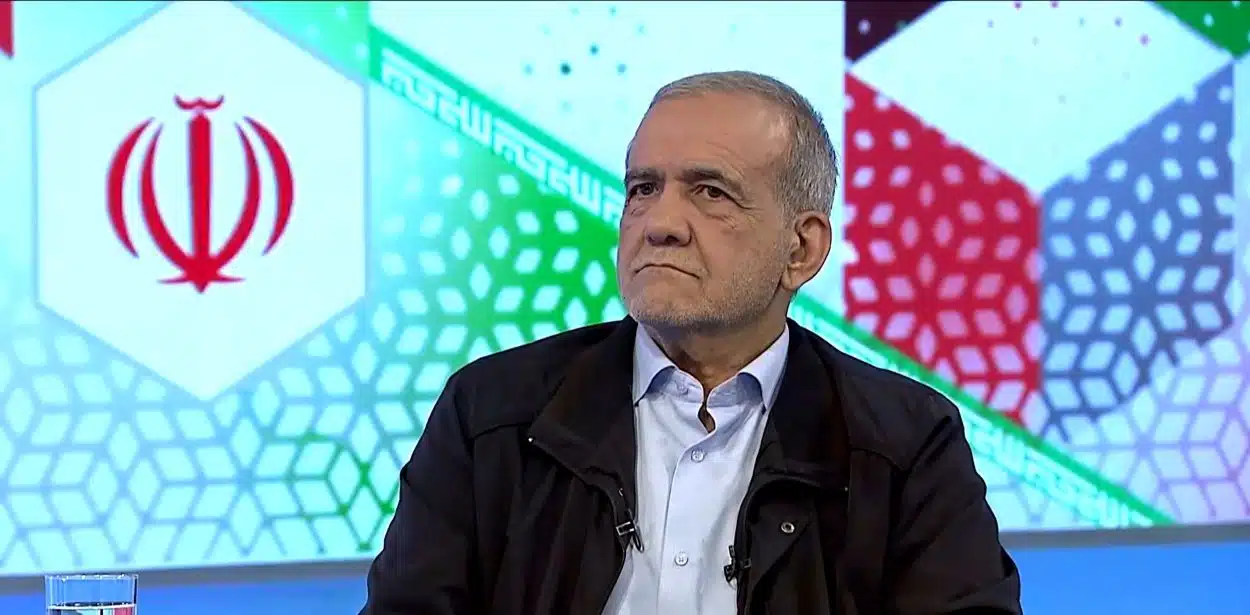Business
US Sanctions Iran Missile Program Supporters, Including Chinese Nationals

The United States imposed new sanctions on May 14, 2025, against six people and twelve companies for supporting Iran’s ballistic missile program. The sanctioned entities include Chinese nationals and firms operating in China and Hong Kong. This move adds to Washington’s ongoing efforts to limit Iran’s military power during tense nuclear talks.
The U.S. Treasury Department identified the three Chinese individuals as Qin Jinhua, Qin Dehui, and Wang Chao. They are accused of helping export carbon fiber materials to an Iranian company already under U.S. sanctions. These materials are important for building missiles. A Hong Kong-based company was also named for being involved in these exports.
Officials say these actions are part of a broader strategy to stop Iran from developing long-range missiles. They believe such weapons are a threat to peace in the Middle East and could reach targets far beyond the region. The United States hopes the sanctions will block Iran’s access to the tools it needs for missile production.
Just a day earlier, on May 13, the U.S. had already placed sanctions on Iranian oil exports to China. These steps show a clear pattern in the American approach, aiming to weaken both Iran’s economy and its defense systems. The measures are part of the maximum pressure campaign started by former President Donald Trump. That campaign began in 2018 after the U.S. left the 2015 Iran nuclear deal.
The latest sanctions may also increase tensions between the U.S. and China. China has long been a key buyer of Iranian oil, often ignoring U.S. warnings. By targeting Chinese citizens and companies, Washington risks sparking more disagreement with Beijing at a time when relations are already strained due to trade and security issues.
The timing of the sanctions is also important. The U.S. and Iran just held their fourth round of indirect nuclear talks over the weekend. These talks are the most serious contact between the two countries in recent years. The U.S. hopes that increased pressure will force Iran to limit its missile program and return to a revised nuclear agreement.
The decision to include Chinese companies could also have effects beyond U.S.-Iran relations. Global trade could be disrupted, and other countries may feel forced to take sides. This could lead to new challenges in international diplomacy and economic cooperation.
The Middle East is already in a delicate state. A ceasefire between India and Pakistan was agreed on May 10, and any new conflict in the region could break that fragile peace. Former President Trump’s recent visit to Saudi Arabia also highlights continued American interest in shaping events in the region.
These sanctions show that the U.S. is ready to act against anyone helping Iran’s military programs. Whether this strategy will succeed in stopping Iran’s missile work remains to be seen. But it is clear that Washington is using all tools available to influence Iran’s choices and limit the risk of future conflict.








